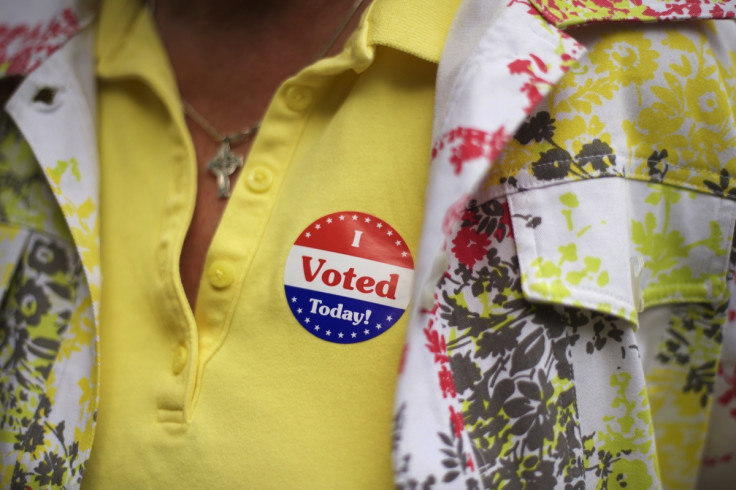North Carolina lawmakers file appeal after federal court rules gerrymandered maps are unconstitutional

Lawmakers in North Carolina filed an emergency appeal on 8 February, just three days after a federal court ruled that the boundaries of two congressional districts were unconstitutional. The state leaders argued in a motion to the same three federal judges that the ruling would severely affect the state's 15 March primary.
"We trust the federal trial court was not aware an election was already underway and surely did not intend to throw our state into chaos by nullifying ballots that have already been sent out and votes that have already been cast," said state Senator Bob Rucho, a Republican who helped draw up the state's district lines. According to The Charlotte Observer, the judges gave plaintiffs in the case until noon on 9 February to respond to the motion.
The three member panel found on 5 February that the state's 1st District, which runs east from Durham to Elizabeth City, and the 12th District, which runs from Charlotte to Greensboro, had been racially gerrymandered by Republican leaders to illegally weaken black votes. The Charlotte Observer reported that the panel gave legislators two weeks to file different district lines, which would affect the lines of neighbouring districts.
Following the appeal to the 4th US Circuit Court of Appeals, the federal court could put the ruling on hold or the primary elections could be rescheduled. Experts claim that the judges will most likely refuse the appeal, which would allow the state to appeal to the US Supreme Court.
Despite those claims, state legislators appear to be confident that the panel will grant a stay. Legislative leaders reportedly advised members that Governor Pat McCrory could call a special session to redraw the maps before the deadline or primary. A spokeswoman for Senate Leader Phil Berger told the Observer that legislators "fully expect" the judges to grant a stay.
Some are celebrating the court's decision, with Reverend William Barber of the state NAACP calling it a "huge victory in our fight against 21st century racism and discrimination." According to The Associated Press, those who sued the state over the district lines claimed it did not make sense for Republican lawmakers to increase the majority black voting age populations in the two districts. Both had elected black lawmakers for over 20 years.
The AP reported that state attorneys said that race was not the predominant reasoning for forming the districts, but instead it was motivated by political advantage in the 12th and avoiding legal challenges under the Voting Rights Act in the 1st. Legislators reportedly moved more supporters of President Barack Obama into the 12th during the 2008 and those who supported Senator John McCain out of the 12th. That would make surrounding districts more Republican.
Writing the primary opinion, US Circuit Judge Roger Gregory said voters who sued proved race had played a key role in the formation of the boundaries. In the 1st District, Gregory wrote, "the legislators had no basis—let alone a strong basis—to believe that an inflexible racial floor of 50% plus one person was necessary." As for the 12th District, he wrote the court "does not find credible the defendants' purported rationale that politics was the ultimate goal."
Hundreds of mail-in absentee ballots have already been turned into the state for the upcoming primary. It is not the first time that North Carolina finds itself in the centre of voting scrutiny. The Charlotte Observer noted that the southern state's voting maps and election rules are in the midst of at least five federal lawsuits. The state's controversial voter ID law is being attacked at both the state and federal level.
© Copyright IBTimes 2025. All rights reserved.





















